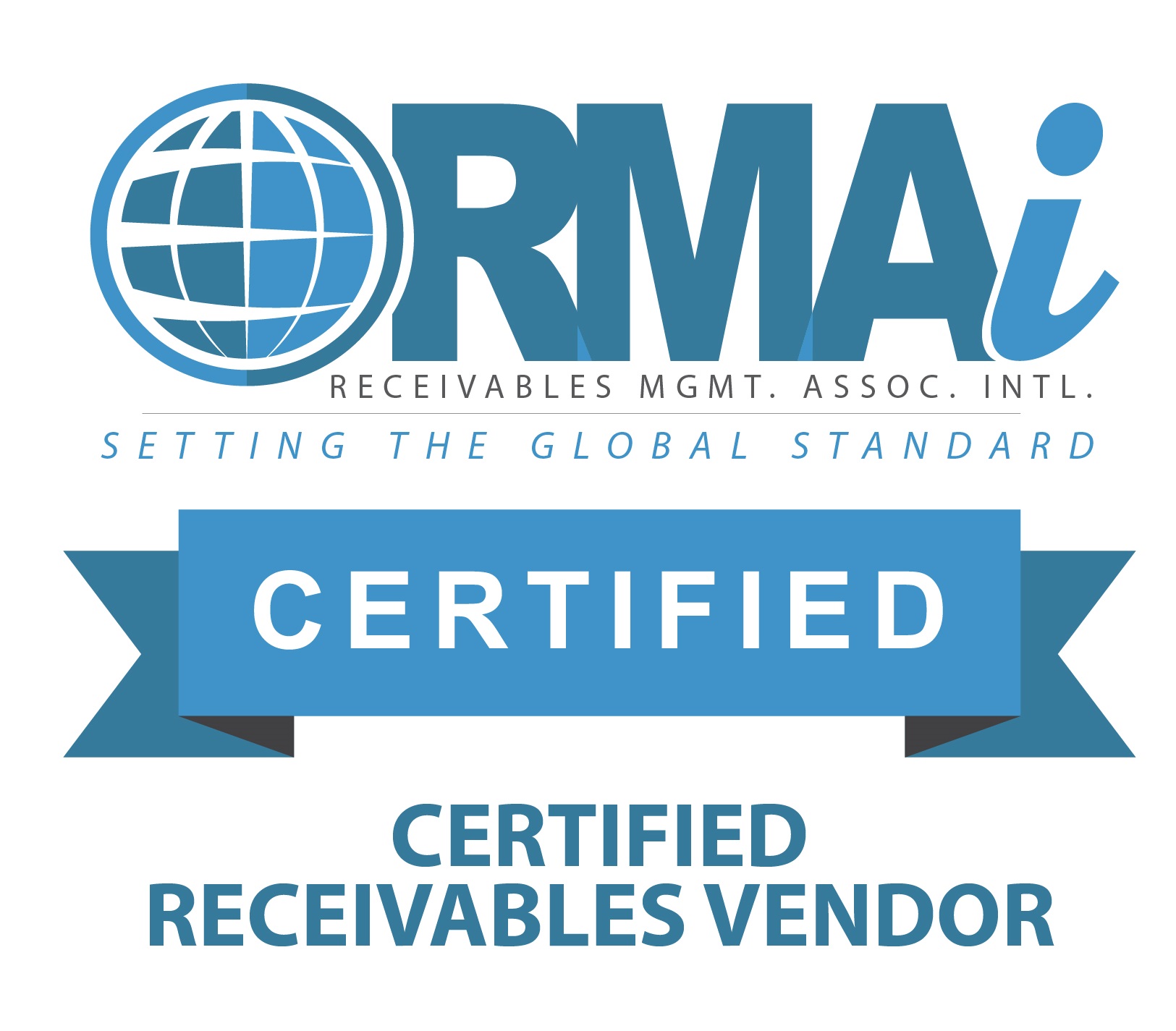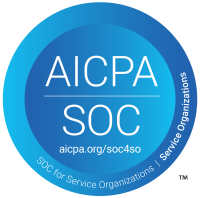View Sale Announcement Detail


Archived news
It is easy to forget just how much we depend on water. Of course we drink it, but we also need it to wash dishes, clean our clothes and take showers. That doesn't even begin to scrape the surface of the importance of water in our economy, from tourist attractions to farmland.
This is why the ongoing California drought is so serious. While one effect is that local residents may not be able to keep their lawns as green as usual, there's a more sinister threat under the surface: The California economy hinges on water consumption. Without it, countless businesses could be in financial straits, and this has had an effect on individual industries and the economy as a whole.
Drought effects felt across state
California is no stranger to drought. Even so, the effects of the water shortage are hard to ignore, and most businesses and residents have had to cope in their own ways.
The economic impact is growing as well, with farming - one of California's biggest industries - bearing the brunt of the drought. The California Farm Water Coalition reported that more than 41 percent of the state's farmland has seen its water supply cut this year. Furthermore, roughly 620,000 acres of farmland won't be used for production due to the water shortage.
Perhaps the most alarming statistic is financial: The California Farm Water Coalition found that the economic costs due to the drought could total as high as $5.7 billion.
Banks take notice
The financial costs associated with the drought are not slipping by unnoticed. In fact, many financial institutions in California are making preparations for any water-related fallout.
According to the American Banker, banks are closely monitoring borrowers in water-reliant industries - like farming - to ensure financial stability in the coming months.
'Bankers are pragmatic folks, and they've had their eye on this for a long time," Curt Covington, senior vice president of agricultural finance at the Federal Agricultural Mortgage Corp., told American Banker. "No one is panicking ... but all bets are off if conditions don't improve in 2016."
This may be true, but bankers are still keeping a close eye on their borrowers. Using the example of farming, all California lenders should require proof of a protected, sustainable water supply before financing an agricultural borrower. Without water, farmers will have fewer crops, which will lead to decreased sales and potential cash-flow problems.
At the end of this chain is the bank itself, waiting for payment that could be hampered by the drought. With this in mind, the best course of action today is risk management and due diligence, to guarantee that a borrower won't be hampered by the water shortage.







